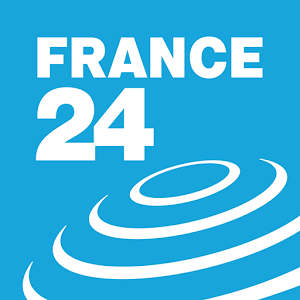In Venezuela, the results of a recent presidential election are being reported in two significantly different ways, leading world leaders, including those in the United States, to question the validity of the election. Authoritarian President Nicolás Maduro claims to have won reelection by a narrow majority of 51%, despite exit polls indicating that his challenger is ahead by more than 30 percentage points.
The opposition candidate, Edmundo Gonzalez, is also claiming victory with a substantial margin of 73%, stating that he received over 6 million votes compared to less than 3 million for the incumbent.
The discrepancy prompted demonstrations on the streets of Venezuela. Protesters celebrated the toppling of a statue depicting late President Hugo Chávez, an ally of the current regime.
The Socialist Party of Venezuela has been in power for more than 25 years, and the country’s election commission declared Maduro the winner. If these results are upheld, he would enter his third presidential term.
This is not the first time Maduro’s reelection has been contested.
In 2018, the U.S. labeled his victory as fraudulent. International leaders are calling for transparency regarding the latest election results.
Venezuela has long been impacted by severe problems, including shortages of food and medicine, human rights violations that have led to U.S. sanctions, high unemployment and a collapsed economy.
The country faces a financial and humanitarian crisis, and nearly 8 million Venezuelans have fled the nation due to corruption and instability. This mass exodus has had a direct impact on the U.S.
Residents protesting the election results had hoped that this election could bring about a change and allow them to stay in their home country to help rebuild it.
“I came to the street,” one protester said. “We want freedom. We’re tired of this government, we want a change. We want to be free in Venezuela. We want to be free with our families to return here; we don’t want them to leave anymore.”



















